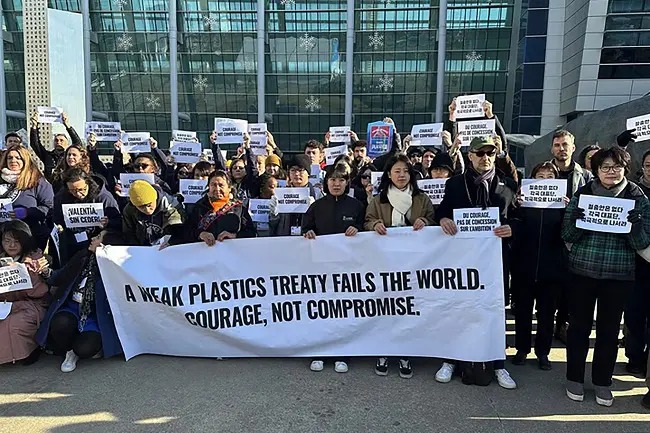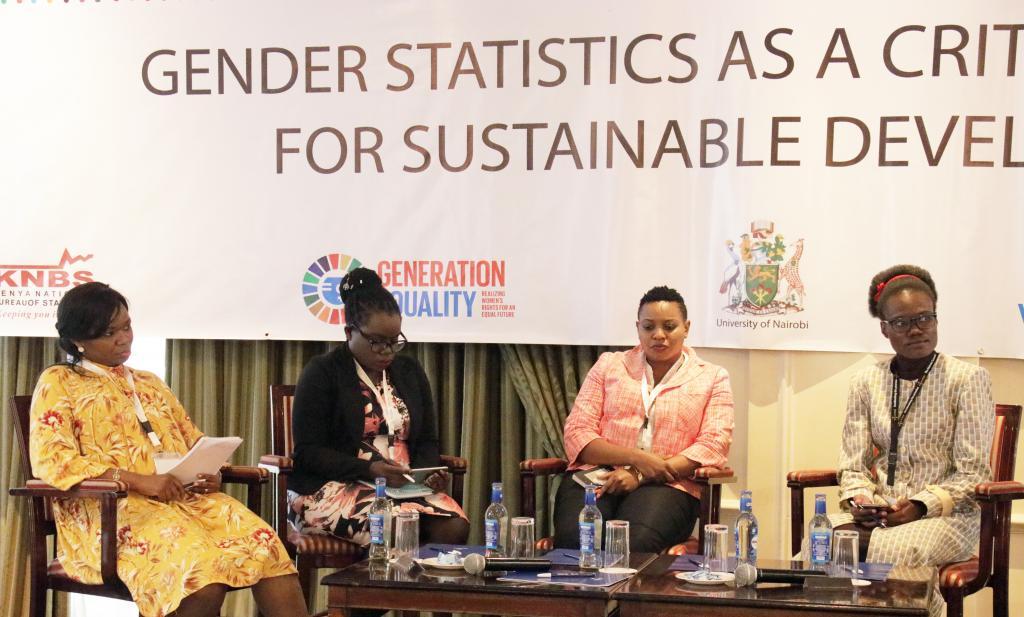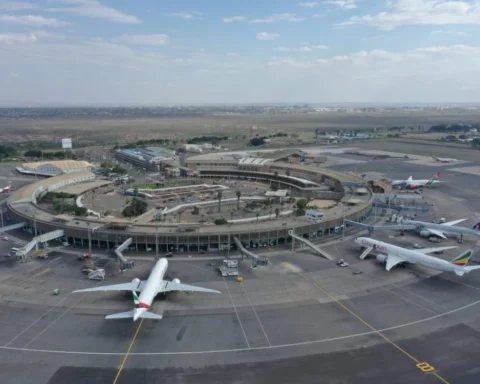With just four days left to craft what could be a landmark global agreement to combat plastic pollution, negotiations at the United Nations in Geneva remain mired in disagreement.
Delegates from 184 countries are struggling to bridge a deep divide over the purpose and scope of the treaty, first proposed two and a half years ago, raising fears that the opportunity for meaningful action could slip away.
Plastic, hailed for revolutionizing modern life, has become an environmental menace. It now pollutes the most remote corners of the planet, from the highest mountain peaks to the deepest ocean trenches, and microplastics have been detected throughout the human body. Experts warn that without urgent intervention, plastic production is set to triple by 2060.
Two clear camps have emerged in the negotiations. The “Like-Minded Group,” led by oil-producing nations such as Saudi Arabia, Kuwait, Russia, Iran, and Malaysia, and joined by the United States and India, is pushing for a treaty that focuses narrowly on waste management.
On the other side, the self-described “ambitious” group, which includes the European Union, Australia, Canada, Britain, many African and Latin American nations, and small island developing states, wants binding measures to phase out the most harmful plastics, curb production, and address the plastic already choking oceans.
Small island nations, bearing the brunt of the crisis despite contributing little to it, have issued stark warnings. “SIDS will not stand by while our future is bartered away in a stalemate… This brinkmanship has a real price: a dying ocean,” declared Palau on behalf of 39 island states.
The draft treaty has swelled from 22 to 35 pages, riddled with nearly 1,500 bracketed disputes. EU environment commissioner Jessika Roswall urged negotiators not to “miss this historic opportunity,” warning that consensus without ambition risks producing a hollow agreement.
As ministers and senior officials arrive to break the deadlock, the stakes could not be higher: failure would mean the world’s plastic crisis continues to spiral, with devastating consequences for the planet and human health.









